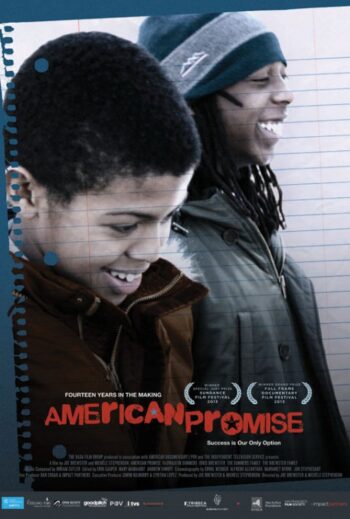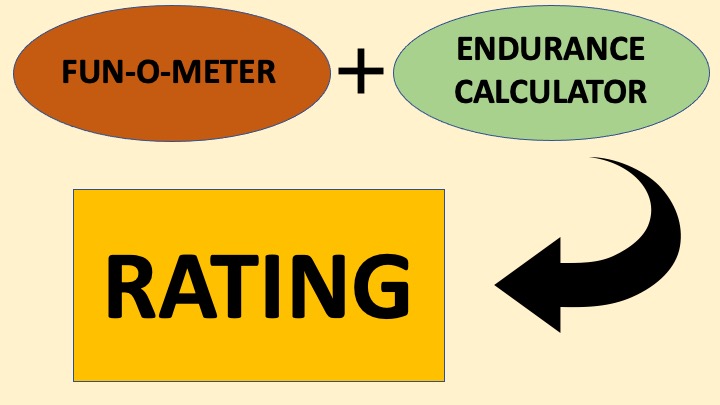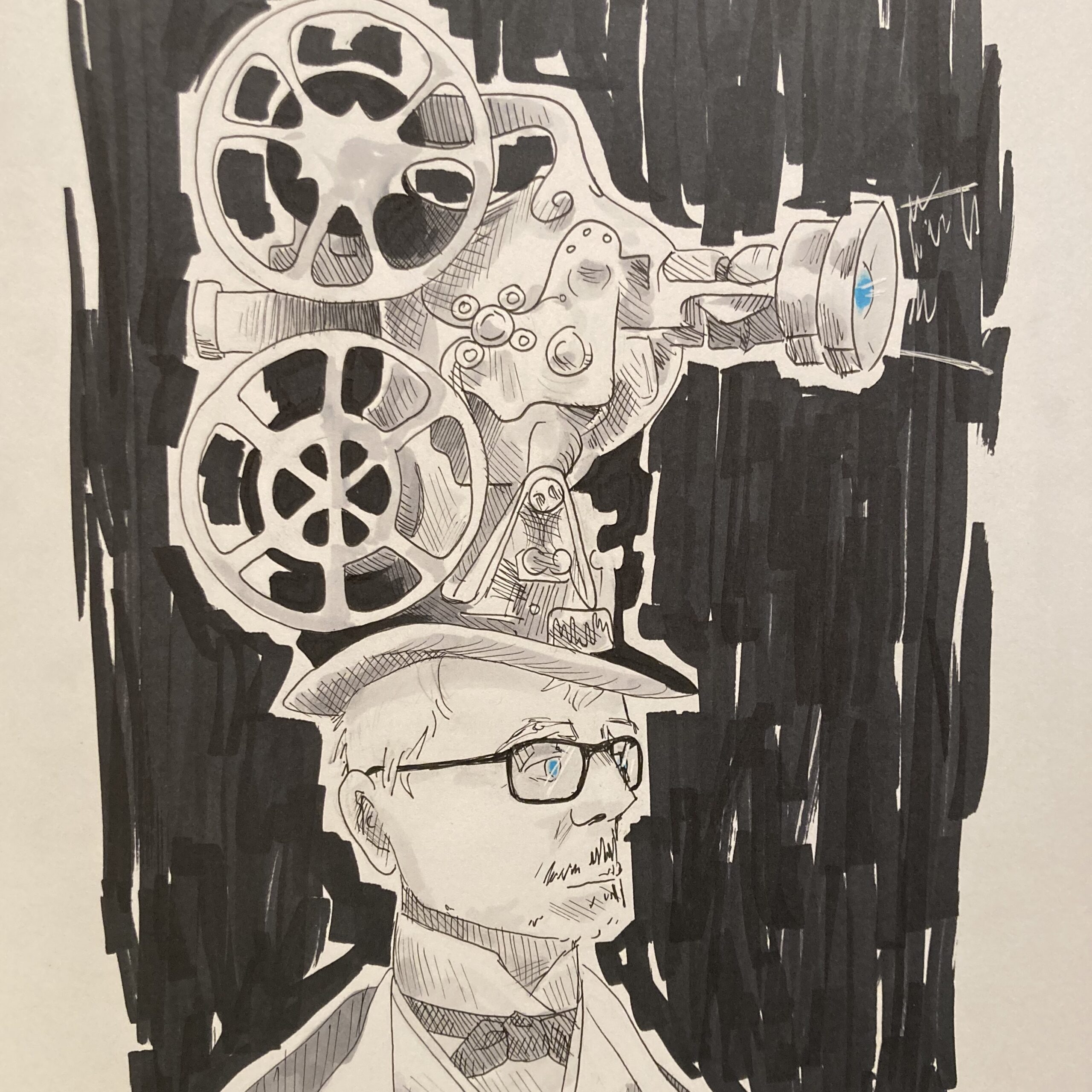“Fourteen years in the making.”
The idea of watching documentaries turns many people off. In fact, the number of blockbuster documentaries in history is short; only Michael Moore’s Fahrenheit 9/11 (2004) has earned $100 million in box office receipts, compared to a minimum of 700 fictional feature-length blockbusters.
Why is this the case?
One reason is the everyday quality that lacks CGI. Documentaries also lack scripted events that lead to expected story outcomes, and they usually avoid clear happy-endings. But a quality documentary can feature the imprint of time on actual people.
Joe Brewster and Michèle Stephenson have two sons and a body of interesting documentary projects concerning the state of their reality. Which is what, exactly?
Joe is a Harvard-trained psychiatrist and Michèle is a lawyer. They live in New York, and they’ve achieved a large part of the American dream: healthy marriage, comfortable home, cultural capital, two children, a family dog. But they are both people of color, and this fact influences all of their parental decisions as they engage with the educational system.
Their feature documentary American Promise (2013) is the study of two boys: Idris, their elder son, and his one-time best friend, Seun. Their goal was to follow the boys as they entered an elite private prep school, The Dalton School, where the boys would receive a world-renowned education as a pair of Black children in a nearly all-White circumstance.
The experiment, and its audio-visual record, is a mixed result. Over the K-12 experience Idris struggles with being small for his age and for speaking White while also learning that he interprets reality from within the ADHD spectrum. Meanwhile, Seun falls behind in his studies because he’s dyslexic and eventually enters public high school when he’s unable to maintain Dalton’s standards. Despite their divergent paths, the pair keep in contact because of Joe and Michèle’s project that continually shows Idris being compelled forward by his parents while Seun’s family deals with a set of unexpected crises. In the end both boys go to college to complicate the more typical idea of Black male experience in America, which is typically poor, criminal, misogynistic, and often terminal.
American Promise is 135 minutes long, and it exhibits the tedium many movie-goers object to in non-fiction: amateur technique and bad performances. But it equally worms into the patient viewer to become a study of more than just Idris and Seun; the more involved we get with their families and extended social network, over time, the richer this portrait of aging in a multi-racial America becomes.
The pay-off is realizing that this movie required Brewster and Stephenson to give 13 years of life. They each grow older on-screen just like their sons. They each change, adjust to adverse circumstances, and sometimes present the grace of human devotion. The resulting documentary is a rigorous social research project-turned-glowing appraisal of functional families, and it should be more widely viewed than box office receipts and public television screenings have allowed.
–October 31, 2018



